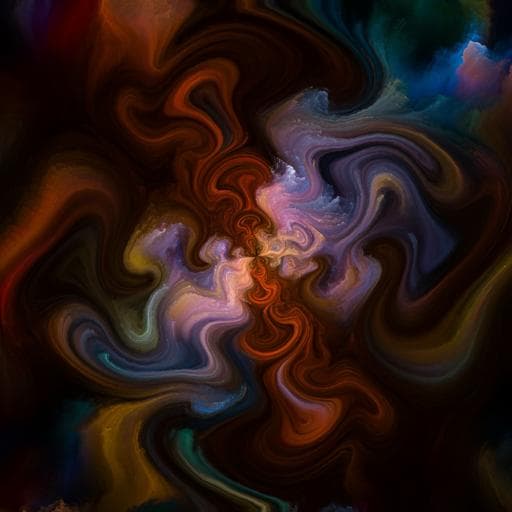
Medicine and Health
Acute effects of MDMA and LSD co-administration in a double-blind placebo-controlled study in healthy participants
I. Straumann, L. Ley, et al.
Explore how MDMA influences the subjective effects of LSD in this groundbreaking study by a research team from the University Hospital Basel. Uncover the findings on the duration and intensity of these psychedelic experiences.
Related Publications
Explore these studies to deepen your understanding of the subject.







